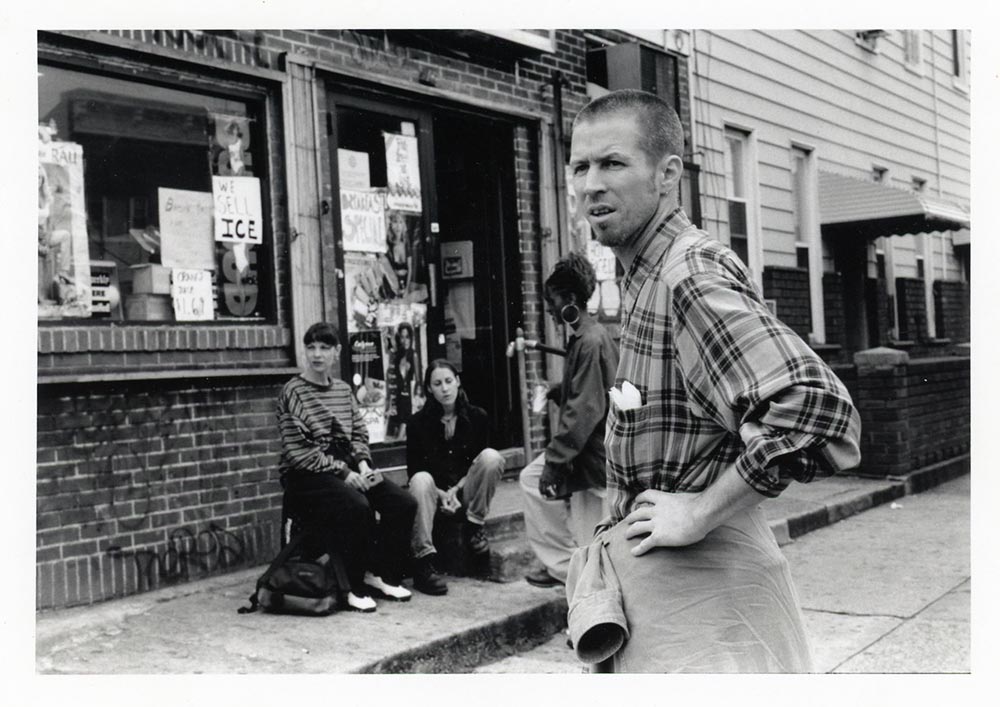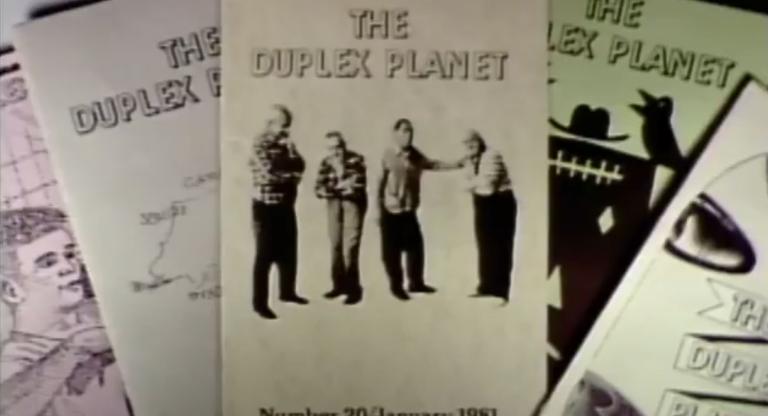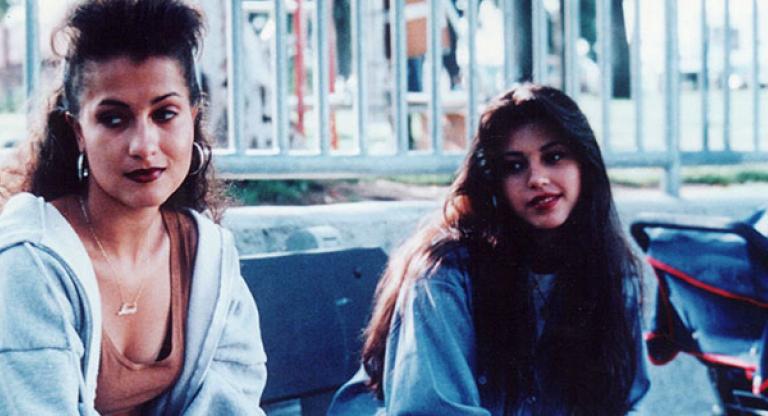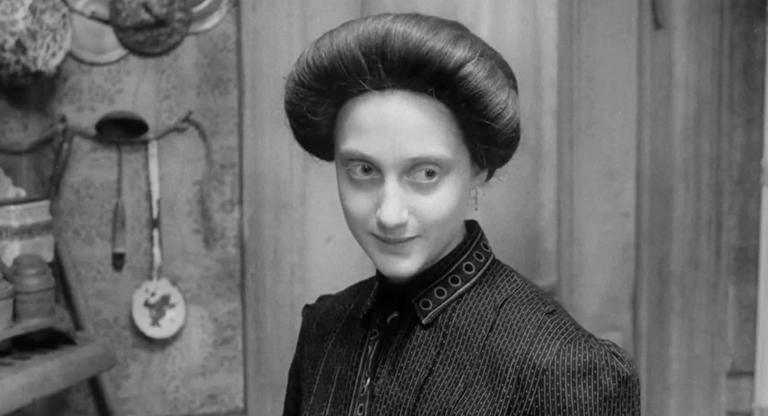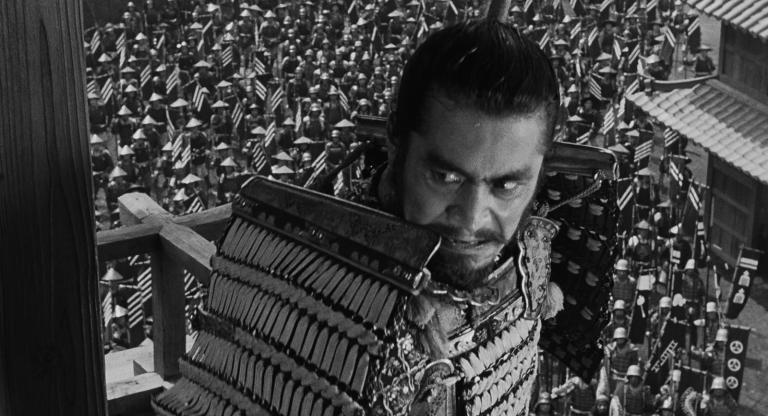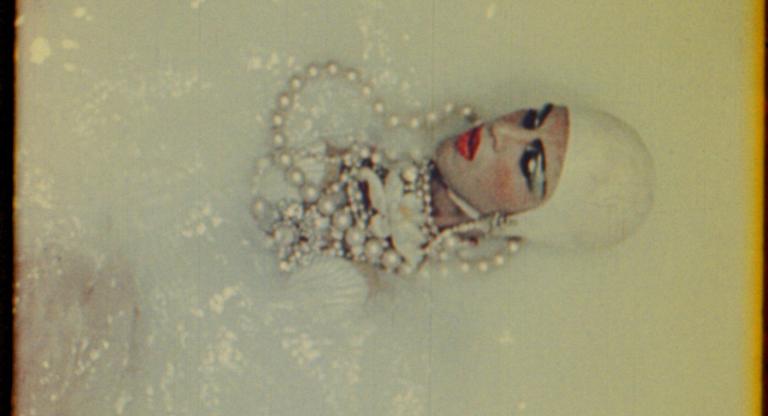Following its 1996 theatrical release, Jim McKay’s Girls Town has been available to an increasingly select audience: those with access to either a VHS tape of the movie or a rare revival screening of the director’s own 35mm print. Thanks to a recent digital restoration by IndieCollect, those days may soon be behind us. Blessed with new life, Girls Town makes its first re-appearance at MoMA’s International Festival of Film Preservation.
The movie focuses on three teenagers, Emma (Anna Grace), Angela (Bruklin Harris), and Patti (Lili Taylor). Following their friend's suicide, the girls begin to recognize the explicit and insidious ways that patriarchal violence impacts their lives, and proceed to enact various forms of vigilante justice. Far from the sentimentality, melodrama, or escapism of many teen movies, and even further from the exploitation style of the rape-revenge genre, Girls Town’s naturalism articulates the many facets of its protagonists’ awakening: pain, fear, hesitance, solidarity, and giddy, joyful transgression.
At the time that McKay was shooting Girls Town in the mid-’90s, the American film landscape was having its own transformational moment. The long tradition of low- and no-budget features became infused with possibility: maybe these small, eccentric movies could reach big audiences, and make big money—a potentiality amplified by the thriving home-video business and the Sundance Film Festival’s rapidly expanding role as a middleman between artists and the market.
In the following interview, McKay discusses writing the Girls Town script through an improv workshop with Grace, Harris, Taylor, and Denise Casano; navigating Sundance, distribution, and soundtrack deals at the height of the “indie film” era; his longtime friendship with Michael Stipe; and his penchant for matinees.
Photos courtesy of Jim McKay
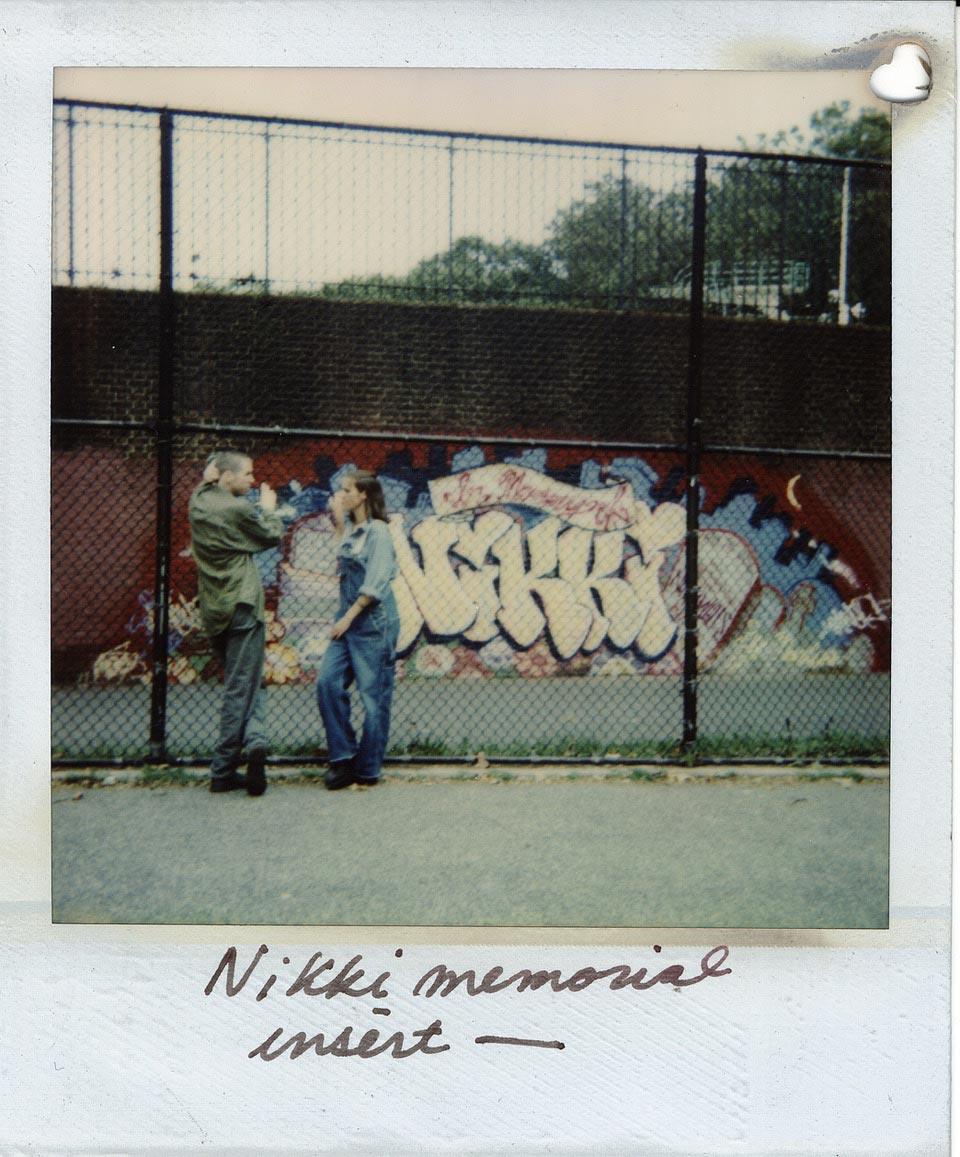
Jim McKay: When did you see the film?
Julia Gunnison: I saw it in 2018 at the IFC Center. I had never heard of the movie, and didn’t know anything about it, so I was totally unprepared for what it was, in a great way. It felt very unusual to see a realist teen movie grappling with such confrontational content, and its anarchic edge really left an impression on me. I’m very happy that it’s restored now and will hopefully be more accessible to people.
JM: Yeah, me too. It’s ironic that it seems when the quote-unquote “independent film” thing really started happening it was just pre-DVD really, so a lot of films never got released or digitized. And [now they’re] not even seeable because those VHS tapes just crumble. I’ve been talking to a lot of filmmakers, and there’s a very big movement of filmmakers of my generation and earlier to get a hold of their stuff and get it back out, which is cool.
JG: Girls Town was your first feature-length fiction film. Prior to that, you had made a documentary, Lighthearted Nation [1989]; a concert film for R.E.M., Tourfilm [1990]; music videos for lots of different bands; and a lot of different projects through your company, C Hundred Film Corp., which you co-founded with Michael Stipe. Could situate us in your life in the period leading up to the development of Girls Town?
JM: I had been doing all that smaller work, and I didn’t go to film school. I was playing in bands and had friends in bands, so it just made sense to shoot some Super 8 for a video, and I was all the sudden making videos. My friend Tom Gilroy, who’s in Girls Town, had written a script and we had this idea like, “Oh, I wrote the script. I'll be in it. Jim, you'll direct it. And Michael, you produce it.” It dipped our toe in the idea that maybe we actually would make something, and it just never happened.
But in the meantime, it gave me a thought like, “Well, I have this other idea, maybe I'll actually pursue it. So I moved up to New York and started studying acting because I had never directed actors before. Some friends of mine, Gordon Eriksen and Heather Johnston, had made some films at that point in an improvisation workshop process, The Big Dis [1989] and Scenes From the New World [1994], and I met with them and asked them how they did their thing. I read about Mike Leigh and his process and Ken Loach and his process. They all just gave me this idea that maybe I could put this thing together.
At the time I was subletting this loft in Tribeca for $600 a month, which was amazing, and used it as a studio for the workshops that we did. Then I spent a tiny little bit of time trying to raise money for it through the independent feature places that were around at that time, but nothing happened, and so I just decided to do it myself. Well, certainly not myself—with a team. And so we shot it. I had saved $30,000 from making a couple music video projects and a series of promo spots for VH1. So we had $30,000 in cash and I got credit cards and we shot the film.
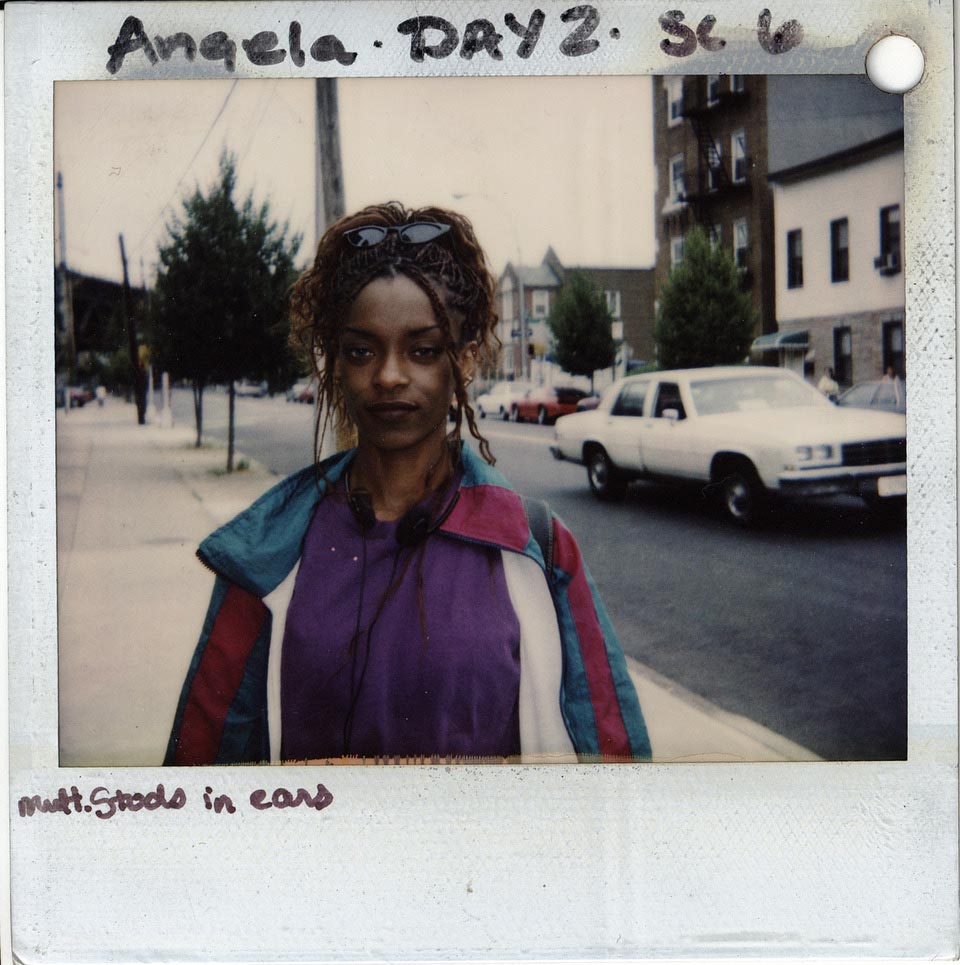
JG: Can you describe what a typical day of improv workshopping looked like?
JM: The process changed as we went along, but we would do a scene, and we would make little adjustments on it. We would do it twice, maybe three times, and we would all sit down and talk. That was kind of the writing part of the process, where we would talk about, “OK, what did we just do there? What is it saying? How does it fit into the place we are with the story? What felt right? What felt wrong?” And with those conversations more things came out about character, for instance, and story. So we’d make little tweaks and usually go back up and do it one more time, and all of it was videotaped. We did that for about a month, and then everybody went their own way and the transcripts were created [from the tapes]. And then I sat down with the script and all those pages and just whittled it down and edited, and then sent out copies of the really long [200 pages] script to everybody, and they gave feedback.
JG: Girls Town is a movie that wears its politics on its sleeve. You've called the film’s storytelling “didactic,” and I did read one review where the critic compared the style to an after-school special. That kind of comment makes me think of the PSAs you produced through Direct Effect. The PSAs are by their nature didactic and instructional, but even so, there's something unexpected about them, and idiosyncratic. Do you see any continuity between the approach and intentions behind these two projects?
JM: I think so. I was at a time in my life when I was just thinking politically, and nothing’s changed, but everything centered around political outlooks and ideas. And working with Michael [Stipe] with C Hundred, he and his band were in that very same place. We had come out of the Reagan presidency and “Just Say No,” and everyone was very aware of the Ad Council and what they did in terms of PSAs. And our goal was like, blow up the Ad Council. The directive of Direct Effect was it has to be a topic that’s not been done, or it has to be dealt with in a different way. And yeah, they’re messy and kind of all over the place, and some really work and some don't, but we were trying to do political filmmaking. We were certainly not inventors. But in terms of Girls Town, when it comes to the feature-length narrative world, I think it was not that usual a thing. And I loved after-school specials when I was a kid, because they were aimed at me, and they played a part in every person’s maturation and perspective. So that's fine with me. I think that's there, and so what, but it definitely transcends that. But, yeah, we cut away from the story at one point to play a Queen Latifah song and show the notepad where one of the characters is writing an Audre Lorde poem. So yeah, it’s in your face, but fuck it.
JG: MoMA’s website describes the film as, “One of the earliest indie features to deal with the secret shame of rape,” and I think there's an argument that the film represents sexual assault, whisper networks, and other things in a way that was ahead of its time. Is this how it felt to you and your collaborators at all, or did it feel more banal and just coming out of the lived reality?
JM: I think the latter. We were certainly trying to do something we weren't seeing in other films, but there's nothing in the film that has never been seen before. The listing of names on a bathroom wall became the listing of names online, but it’s always been around. The punk rock movement, particularly the riot grrrl movement and the fan zines, were certainly dealing with all that stuff much earlier. I think we were part of a really great time that now has become much more on the public consciousness, but I think we were just kind of writing, creating from experience, and knowing what has been around.
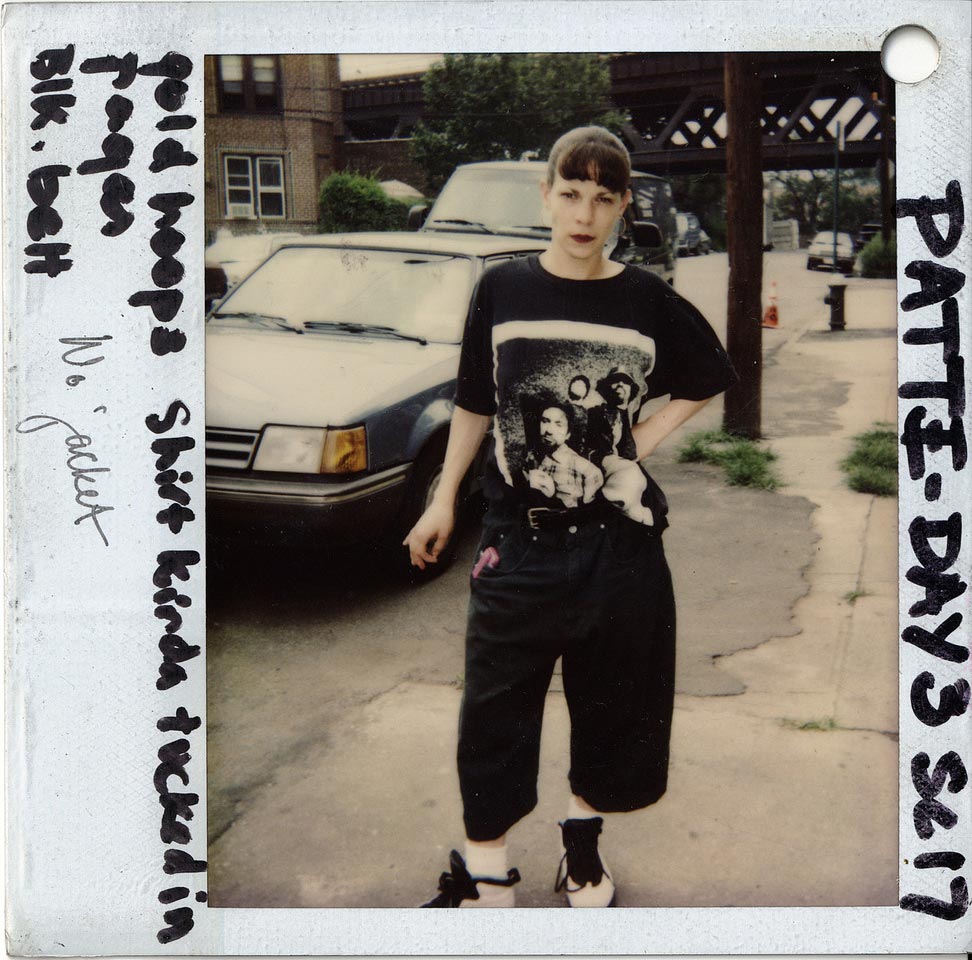
JG: The film premiered at the Sundance Film Festival. What was Sundance like in 1996?
JM: It was the first time I screened there, and it was a little intense. We showed the film on 16mm. Picture-cut-wise, it was identical to what was released, but it was on 16 so it was very technologically raw. It was a really nice place to meet other filmmakers and see other work, and it continued to be for the bunch of years I attended. But there was a weird little sense of competition—well, it’s called the Competition. We ended up with the Filmmakers Trophy, the award that all the filmmakers in the Competition actually vote on, and I was a little bit stunned about that, having not ever made anything before. And then the Special Jury Prize for Collaboration, which was another really wonderful acknowledgement. We were picked up by October [Films] and ended up getting released that summer, so the turn-around was really quick and really great in that regard.
JG: Did you host community-oriented screenings of Girls Town for teenagers?
JM: We did. I think our premiere was a benefit for the Third Wave Fund, which [is] a feminist organization. We did another screening that was a benefit for the Lower East Side Girls Club. A number of times I’ve gotten into the distribution thing and we always say, “We really want to hit this. Non-theatrical screenings are important to us. We wanna get the film to this community or this audience.” And the same thing happens with bands and records: once a record doesn’t have a good opening weekend, it is put to rest. [So] if you want to do that other thing, you have to do it yourself. And the challenge for filmmakers is they also want to be writing a new movie. So some people have the wherewithal to spend six months or a year actually touring with the film and doing all this stuff, and others don't. So the answer is yes, and not nearly as much as I would have liked to have done.
JG: How did teenagers respond to the film in that kind of setting?
JM: I think thematically they liked it, and they liked the funny parts, and I think a lot of young people spoke eloquently about the politics involved in the story. But it’s also such a funky little movie. There have been a very limited number of times it’s been shown. I didn't even have a print of the film. I think the film went through the ownership of like four or five different companies after October, just by virtue of companies buying companies buying companies. And eventually it was at Universal Pictures and through James [Schamus], I was able to have them make a print that I could buy, to do screenings. And at those screenings, young people for whom it was like a period piece really enjoyed that part of it, and seeing the culture, and the agency of these characters. So that is nice, and that was a real driver for me to get the film back.We made a 25-year license agreement for domestic distribution, and I’ve had that date in my mind for a number of years now: August 2021. So the minute that hit, I contacted Universal, asked them could I get my film back.
JG: The Girls Town soundtrack features rap, hip hop, and alternative rock music from all female artists, including Queen Latifah, Salt-N-Pepa, and PJ Harvey. Can you talk about how the music was selected and how the soundtrack album came to be?
JM: We temped in a lot and had no idea if we were actually gonna be able to use it. When we made a deal for international distribution rights with Pandora [Film], they were partnering with Mercury Records at the time, and it was also a time when soundtracks were becoming a thing. We kinda did a side deal also with Mercury for the soundtrack, and with the exception of TLC, we were able to afford all the music we wanted. We put out a CD and a cassette, and it sold like 150 copies. [laughs] It’s really insane how if a bigger movie has a cool soundtrack the soundtrack sells, and if a small movie’s soundtrack is incredible enough with big names, it can help sell the movie—but this one did neither. So anyway, it’s there and it exists, and I think it can be purchased through eBay from someone, and I have a couple leftovers on my shelf. But it’s good stuff.
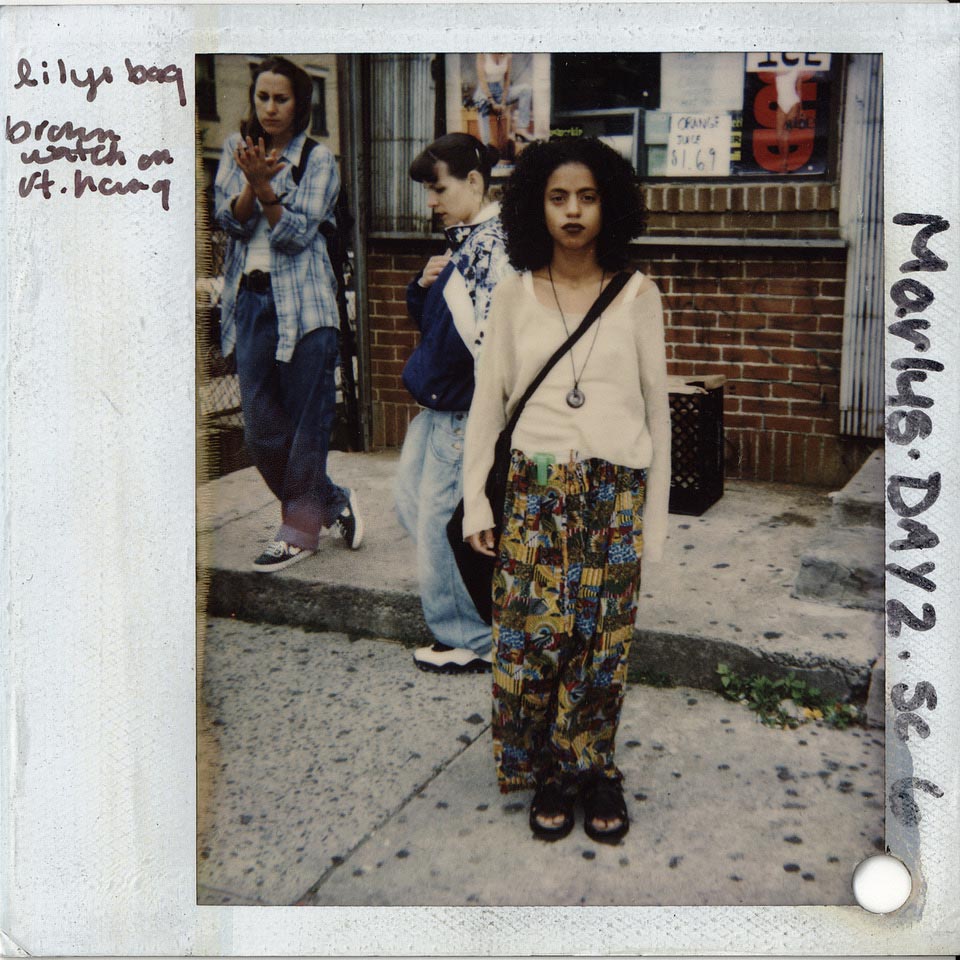
JG: I’ve heard you express skepticism about the film industry’s tendency to view independent film as a means to an end, where smaller-scale movies are useful only as prototypes for more commercial fare, and it seems that you’ve approached your own filmmaking practice in opposition to that. Is that fair to say?
JM: I never really got any opportunity to make bigger movies. Girls Town was a pretty wonderful way to enter into the realm of filmmaking. Rather than go right from Sundance to L.A. and get meetings with agents and whatever, and go ahead and find the commercial movie to follow it up with, I was very stubborn about, “That's not what I'm interested in.” Every once in a while, there's a Hollywood movie that has a nice, meaningful script and good actors who actually get to act and do the work within the movie, and I think, “Oh man, it would be nice to do something like that and actually have the money and comfort to make the film.” But I also think I kind of sabotaged myself, and in the end, the instinct was correct. It was really what I actually want, which is to make small movies of my own and then be able to complain about the fact that I can’t get any money to make bigger ones, even though I'm not looking for it. I think it took me a while to really fully realize that my instincts themselves were right.
JG: I recently listened to an episode of the Talkhouse Podcast, a conversation between you and Michael Stipe. I really loved the conversation [and] hearing the warmth of your friendship. Do you mind explaining how the two of you became friends?
JM: I was in college, and DJing in the college radio station, and came home to New York for a break of some sort my freshman year. My brother took us to see the Gang of Four, and R.E.M. was the opening band. I had never heard of them, but once I saw them I could barely watch the Gang of Four. I was overtaken. I was really overwhelmed. So I was like “Hey, I'm on the college radio in Boston, can I get your address, and when you come up to town maybe we can interview?” They had not played in Boston yet. I went to 99 Records and I got the single, and I brought it back, and we played their record. We ended up meeting again when they came through town, and a friendship started that has lasted a really long time.
JG: You're a former cinema worker, having worked at the Coolidge Corner Theater [in Brookline, MA]. I read that when you lived in San Francisco you would sometimes go to the movies as many as ten times a week. Have there been any recent notable movie-going experiences that you'd like to share?
JM: I had two weeks off for the holidays this year, and I was back in New York. My goal was to see a matinee every single day. I kinda ran out of films after ten movies. But that was great. I ran the circuit of Film Forum, IFC, and Metrograph. I would have seen something at BAM had they had earlier matinees. Personally, the IFC 10am matinee is like a godsend to me. The idea of waking up, having a cup of coffee, and going to see a movie and having some lunch somewhere nearby is really wonderful. And then Film Forum is the runner-up. They start at about noon, so that’s good. But to me, there's very little that's more gratifying than just sitting in a theater and watching a movie—and I love doing it alone. As a filmmaker, seeing stuff is what keeps you creating, keeps the ideas flowing and keeps the inspiration flowing.
Girls Town screens tonight, January 28, and on February 1, at the Museum of Modern Art in a new digital restoration. It is part of the series “To Save and Project: The 19th MoMA International Festival of Film Preservation.”
